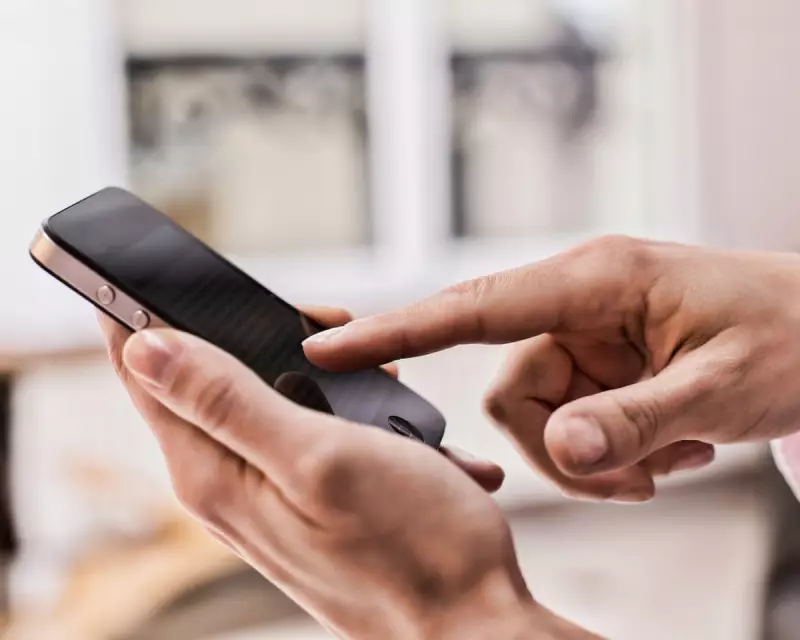
In a groundbreaking move against the rising tide of phone fraud, Britain's leading mobile network providers have formed an unprecedented alliance to protect consumers from sophisticated scam calls. The landmark agreement, brokered with government backing, represents the most significant coordinated action ever taken against telephone fraudsters in the UK.
The Spoofing Epidemic
Number spoofing has become the weapon of choice for modern fraudsters, allowing them to disguise their real numbers and appear as legitimate UK businesses, banks, or even government agencies like HMRC on victims' caller IDs. This deception has enabled criminals to steal millions from unsuspecting Britons through convincing impersonation scams.
"We're slamming the door shut on fraudsters who've been exploiting trust in caller ID," declared a senior industry executive involved in the negotiations. "For too long, they've been able to masquerade as trusted organisations with impunity. That ends now."
How the New Defence System Works
The collaborative security framework will implement sophisticated verification technology across all major networks including Vodafone, EE, O2, and Three. The system operates through multiple protective layers:
- Caller Line Identity Verification: Every incoming call will be authenticated against legitimate business numbers
- Cross-Network Intelligence: Real-time threat sharing between providers to identify and block fraudulent patterns
- Automated Blocking: Suspicious calls failing verification will be automatically prevented from reaching consumers
A Unified Front Against Fraud
What makes this initiative particularly significant is the unprecedented level of cooperation between traditionally competitive companies. The agreement follows intense pressure from regulators and consumer groups demanding concrete action against the escalating fraud crisis.
Industry analysts describe the move as "a watershed moment in telecommunications security" that could set new global standards for consumer protection. The timing coincides with growing public awareness about phone scams, with recent surveys indicating nearly 70% of UK adults receive suspicious calls regularly.
What Consumers Can Expect
While the technical implementation will be largely invisible to users, the practical benefits should be immediately apparent:
- Dramatic reduction in calls from spoofed numbers
- Increased confidence in caller identification
- Better protection for vulnerable individuals most targeted by scammers
- Enhanced ability to distinguish legitimate business calls from fraud attempts
The initiative forms part of a broader industry effort to restore trust in telephone communications, complementing existing measures such as SMS sender ID protection and banking confirmation of payee services.
With implementation scheduled throughout 2025, the UK is positioning itself at the forefront of the global fight against telecommunications fraud, sending a clear message to criminals that the nation's phone networks are no longer easy targets.





